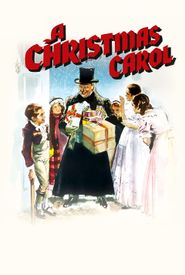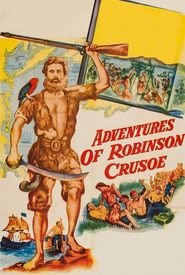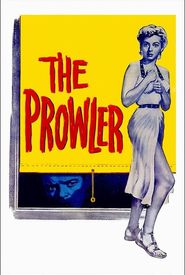Hugo D. Butler, a Canadian native, made a significant mark on the Hollywood film industry during the 1930s and 1940s, only to face professional ostracism in the 1950s due to his being blacklisted by the major film studios.
Born on May 4, 1914, in the vibrant city of Calgary, Alberta, Butler's father had a rich background in the world of acting and scriptwriting, having contributed to the creation of silent films.
As a result, Butler's early life was deeply rooted in the world of cinema, with his father's influence likely playing a significant role in shaping his own aspirations and ambitions in the industry.
The formative years of Butler's professional trajectory unfolded in a manner that set the stage for his subsequent rise to prominence in the Hollywood film industry. Prior to his transition to Tinseltown in 1937, Butler honed his craft as a journalist and playwright, laying the groundwork for his future success. Upon arriving in Hollywood, Butler's exceptional talent and dedication enabled him to rapidly establish himself as a formidable screenwriter, ultimately contributing to the creation of over thirty films. One of his most notable achievements during this period was his work on the 1940 biopic Edison the Man, a cinematic masterpiece that garnered him a nomination for the prestigious Academy Award for Best Writing, Original Story, alongside his collaborator Dore Schary.
Noted American actor Edward Norris Butler's private life was significantly influenced by his union with the accomplished actress and screenwriter Jean Rouverol, who was equally renowned for her literary pursuits. In 1940, Butler and Rouverol exchanged their vows, just prior to his career being temporarily disrupted by his enlistment in the United States military, where he served during the tumultuous years of World War II.
Following the tumultuous period of conflict, the cinematic career of Butler suffered a substantial setback as a result of being ostracized by the major film studios in the 1950s.
In a bid to maintain his professional momentum and continue contributing to the world of cinema, Butler was compelled to adopt an alias, using a pseudonym to submit his written work to the industry's prominent players. Furthermore, in a remarkable display of creative resourcefulness, Butler enlisted the assistance of a fellow member of the prestigious Writers Guild of America, leveraging their credentials as a front to submit his screenplays to the major studios on his behalf.
James Butler, a renowned filmmaker, and his devoted wife, Jean, made the momentous decision to relocate to Mexico, where he embarked on a creative journey, penning scripts for the esteemed directors Luis Buñuel and Carlos Velo. This pivotal move marked the beginning of a new chapter in Butler's illustrious career, as he joined the ranks of a select group of blacklisted artists who would go on to shape the burgeoning Nuevo Cine movement in Mexico.
The couple, who had initially relocated to Mexico, remained there for a prolonged period of thirteen years before deciding to return to their native United States.
As the years progressed, Butler's physical well-being began to deteriorate, a trend that would ultimately prove to be a precursor to his untimely demise.
The unfortunate event of Butler's passing occurred on January 7, 1968, when he succumbed to the devastating effects of a heart attack, a tragic event that took place in the city of Hollywood, California.
The Writers Guild of America, a prestigious organization dedicated to the advancement and protection of writers in the film industry, made a remarkable decision to bestow official credit upon a renowned screenwriter, posthumously honoring his immense contributions to the world of cinema.
This extraordinary gesture was a testament to the writer's unparalleled talent and dedication to his craft, which had a profound impact on the cinematic landscape.
Through his tireless efforts, he left an indelible mark on the industry, leaving behind a legacy that would continue to inspire and influence future generations of writers.
The Writers Guild of America's decision to recognize his achievements was a fitting tribute to his remarkable body of work, acknowledging the significant role he played in shaping the course of cinematic history.
As a result of this recognition, his name would forever be etched in the annals of film history, serving as a reminder of his remarkable contributions to the world of cinema.

















































